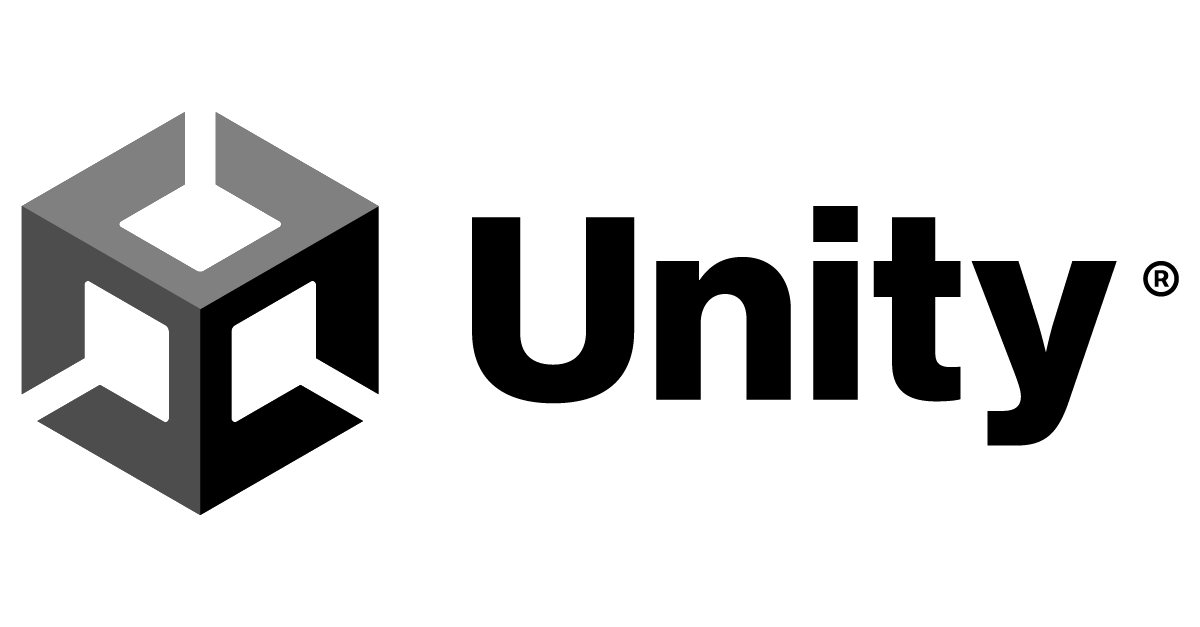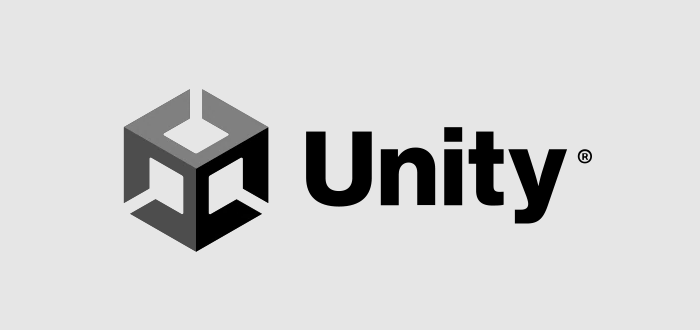If I were a developer, I still wouldn't touch it. The management is the same, and they've basically shown they can change their license terms from under you at any time.
They've also shown they'll respond to their devs who have demonstrated they won't take abuse. Try it again and see what happens! the execs should be scared at this point and in full "we need to make amends and restore faith or our business is sunk" mode. Of course, they may not be and may be ultra aggressive in a couple of years, but we can see how things evolve.
My understanding is that Unreal Engine has part of their license that says they cannot do that. If you start a project, you get to keep the terms you started with. So Epic can change the terms, but you're basically locked into the old one you started with if you want.
Unity had that too - they removed it! There's a lot of question that's even legal. Any of these companies can try that sort of shenanigans. None of the big players are good agents. They are just competing for mindshare and money and all are vulnerable to the risks of management and attitude changes.
The new terms do sound good for people who are too far into development to switch.
It's not just development but knowledge and best practice and workflows and assets and features of the engines. In chatter over the alternatives, experienced Unity devs have reported Godot isn't ready for prime-time. Flax has a dodgy license (apparently being redrafted). Unigine is for PC. Unreal is quite a different beast (C++ over C# for one thing) not to mention we don't want a single-monopoly on gamedev. etc. There are no direct comparables and a swap to another engine is a massive backstep in some ways. It's a sacrifice worth making if your engine-dev is trying to screw you over, but not one worth it otherwise.
2.5% is very reasonable for a tool that complex. The main issue is the management needs to stop trying to grow in random directions and make smart business moves including progressing the engine, or the alternatives will catch up.
I'd recommend new developers try a range of engines and then develop games for those engines rather than picking a dream game and picking a major engine to drive it. In the case that you want a multiplatform title with various features, if you're a full-fat develop you can use whatever with low level API calls etc., but for a lot of indies, if you're already a Unity dev, the engine should be good for a couple of years. Maybe then the execs will push the fee a little further out, and a little further? Eagle eyes will be on the TOCs each release. So we can use that time to wait for other engines to develop and get our feet wet with them while Unity can also get to a healthier state and hopefully pull up its socks, or we walk once the other engines are ready to take us.
All round, more competition, some investment in the new engines from those who are leaving Unity, an overall rebalancing of power. A healthy shake-up of the industry in the end.





